Nance Legins-Costley was the first slave freed by Abraham Lincoln — in 1841, twenty years before the outbreak of the Civil War. Historian Carl Adams has written a dramatic true account of Nance’s three trials for freedom, a story which also bolsters Lincoln’s reputation as a long-standing enemy of slavery. Adams’ book, Nance: Trials of the First Slave Freed by Abraham Lincoln has just been honored with the Illinois State Historical Society Award of Merit for Scholarship and Creativity. I recently interviewed Adams at his home in Stuttgart, Germany.
Browne: Who was Nance, and why is she significant to history?
Adams: Nance Legins-Costley was a child domestic servant in Cox’s Hotel Columbia across the street from the Illinois capitol building in Vandalia, popular with judges, lawyers and senators. Nance was illiterate so the law-makers talked freely around her. But just from listening, she knew some of the key issues of the 1820s: slavery, indentured servitude and abolition. She learned that the courts had the power to free slaves and that indentured servitude required the servant to sign a contract of service for room, board and clothing. So when Nance was auctioned in 1827, she proclaimed, “No!” This caused her, at a minimum, to be beaten by a county officer and six days of solitary confinement in a log shed. Nevertheless, she was bought by Nathan Cromwell, a wealthy land speculator.
Ten years later when Nance was 23, David Bailey, a Tazewell county storekeeper and business partner with Cromwell, agreed to pay Cromwell $400.00 for Nance’s services and to domicile her. When Cromwell died suddenly on a river boat a month later without leaving a Last Will Nance, now pregnant, declared herself free and allegedly walked out on Bailey. The Cromwell estate sued for payment, and Bailey hired Lincoln to appeal to the Supreme Court in the fall of 1839 to have the contract for Nance void.
Browne: Nance endured three Illinois Supreme Court trials from 1827 to 1841, covering 15 years before she was finally pronounced a free woman in 1841. Can you briefly describe these trials and their impact?
Adams: There is not really anything brief about these highly complicated proceedings, which is one reason why it has taken so long for this story to come out. In the briefest of explanations, Nance was sold at auction and expected to sign an indenture contract and, totally unprecedented, refused. Brave girl! In court she testified — also unprecedented — that she “…never before or since signed a contract to serve…” The issue in the first trials was her age — she was just 13 years old — so the court treated her as an orphan child and a ward of the court, granted to Cromwell.
Lincoln won the case in 1841, when the Illinois Supreme Court in Bailey v. Cromwell, concluded that “every person is free, without regard to color.” The three Nance Supreme Court trials tested, defined and ultimately broke indentured servitude in the state, which knelled the end of slavery in Illinois at a time when it was extremely important in national politics. Indeed, Lincoln indirectly referred to this seminal case in his famous 1854 Peoria Speech, which saw him re-enter politics after a long period of concentrating on his career as a lawyer.
Browne: How and why did Lincoln become involved in her case?
Adams: This Lincoln took on the case for Nance’s freedom in 1839, twelve years after Nance’s first appeal and four denials. Lincoln, by the way, had previously met Nance when Cromwell was a client of Lincoln’s first law partner John Stuart. Lincoln, an implacable opponent of slavery, most likely accepted the case because of its state and even national significance.
Browne: Most people, even Lincoln and Civil War buffs, have never heard of Nance and her story. Why not?
Adams: Three major factors: She was considered by biographers to be insignificant to Lincoln’s career — this book proves otherwise; very few knew her last name; and her story was deliberately covered up by 20th Century white supremacists.

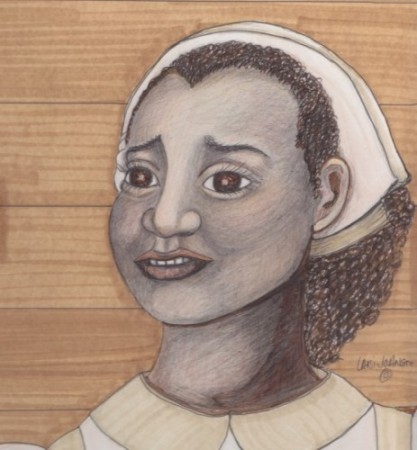



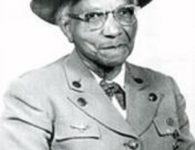

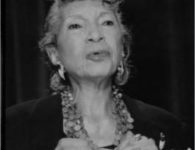
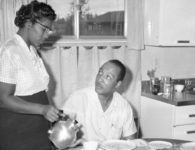

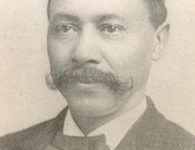
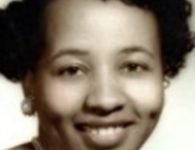

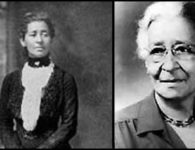
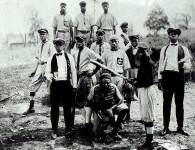
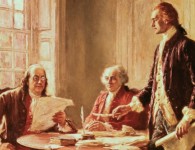
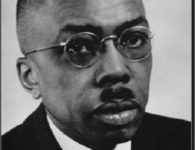
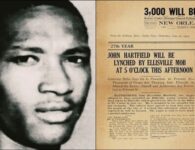
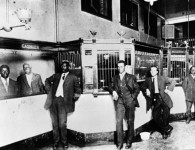
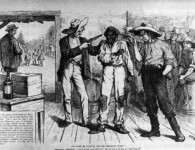

3 Comments
Interesting story!
[…] Nance Legins-Costley […]
Lincoln, an implacable opponent of slavery?! Was that Lincoln’s belief before political life?